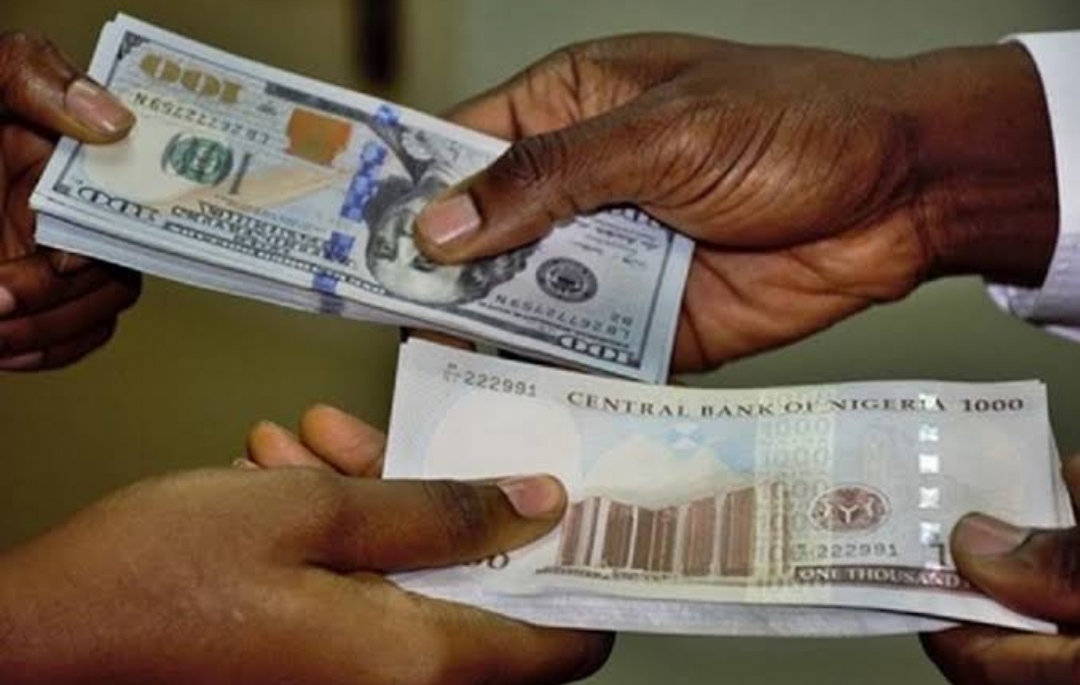The Nigerian naira has been experiencing unprecedented volatility, significantly impacting both the economy and individual financial well-being. In March 2025, the naira depreciated by 2.6% against the U.S. dollar, closing at N1,536.82 per dollar in the official market and N1,530.00 per dollar in the parallel market. (thecitizenng.com) This decline occurred despite substantial interventions by the Central Bank of Nigeria (CBN), which sold approximately $668.8 million to stabilize the currency.
The naira’s instability is attributed to several factors, including increased importer demand for foreign exchange, challenges in securing sufficient crude oil supplies, and global economic pressures. For instance, the Dangote Petroleum Refinery suspended fuel sales in naira due to discrepancies between naira sales and dollar-denominated crude purchases, potentially leading to higher petrol prices and further weakening the naira. (reuters.com)
This currency volatility has profound implications for Nigerian businesses and consumers. Companies reliant on imported goods and services face escalating costs, complicating financial planning and potentially eroding profit margins. The Association of Bureau De Change Operators of Nigeria (ABCON) highlighted that the naira’s unpredictability has made it one of the most volatile currencies globally, affecting all sectors of the economy. (nairametrics.com)
For consumers, the weakened naira translates to higher prices for imported goods, including food, electronics, and fuel. This inflationary pressure diminishes purchasing power, leading to increased living expenses. Additionally, the CBN’s decision to maintain high interest rates to curb inflation has made borrowing more expensive, impacting loans and mortgages. (tribuneonlineng.com)
The naira’s volatility also affects foreign investment. In January 2025, foreign investors withdrew N45.85 billion from the Nigerian stock market, overshadowing the N25.66 billion in inflows during the same period. This trend indicates a cautious approach by investors, influenced by concerns over currency instability and economic uncertainties. (punchng.com)
In response to these challenges, the CBN has implemented measures such as selling dollars to authorized dealers to ensure adequate liquidity and support market stability. However, the effectiveness of these interventions remains uncertain, given the complex interplay of domestic and international factors influencing the naira’s performance.
In conclusion, the Nigerian naira’s unprecedented volatility presents significant challenges for businesses and consumers alike. While the CBN continues to implement stabilization measures, the path to currency stability requires comprehensive economic reforms and strategic policy interventions to address the underlying causes of the naira’s fluctuations.











Is it time to invest in cryptocurrencies to protect our savings from the crazy Naira rollercoaster? 🤔💸 #financialadventures
I wonder if investing in Bitcoin could be a safer bet than holding onto Naira during this volatility. Thoughts?
I think this volatility could be a blessing in disguise for savvy investors. Time to make some strategic moves! 📈💰
I think investing in foreign currencies could be a smart move now. Diversify your portfolio! What do you guys think?
I think this volatility could be a golden opportunity for savvy investors. Time to diversify those investment portfolios, folks!
I think its wild how the Nigerian Naira is all over the place. Makes me wonder if I should invest in cowrie shells instead! 😆
Is it time to start hoarding dollars under the mattress? Or should we ride out the Naira rollercoaster? 🤔💸
I believe the government needs to provide clearer updates and strategies to stabilize the Naira. Uncertainty is not helping anyone here!
I think the Nigerian Nairas roller coaster ride is like a wild theme park adventure – thrilling, but also nerve-wracking. Whos up for the ride?
Is it time to invest in cryptocurrency instead of holding onto Naira? 🤔 #financialadvice #volatilecurrency
I think the Nairas rollercoaster ride is making me dizzy! Are we in for a wild financial ride ahead? 🎢🤔
Is it time to switch to cryptocurrency? Nairas rollercoaster ride has me considering alternative currencies. What do you think?
I think this volatility in the Nigerian Naira is a wake-up call for us to diversify our investments. Time to think outside the box!
Is it just me or does anyone else feel like were on a rollercoaster with the Nigerian Naira? Hold on tight, folks!
Wow, the Naira rollercoaster ride is wild! Is it time to invest or run for the hills? Lets discuss!
I think the fluctuations in the Nigerian Naira are a rollercoaster ride for our wallets! Whos ready for the financial thrill?
Is the Nigerian Naira playing hide and seek with our wallets? Time to invest in crypto or stick to old-school piggy banks?
Wow, this Naira rollercoaster is giving me financial whiplash! Who else is feeling the pinch in their wallet? 🤑💸